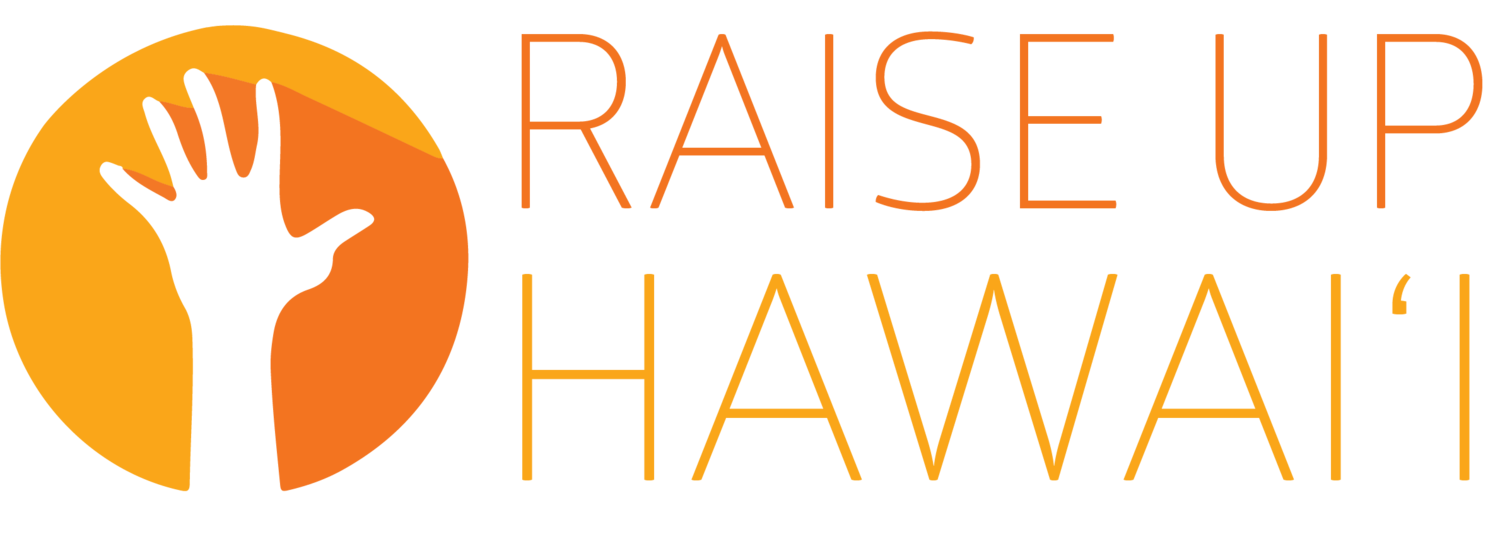‘They take the early bus … for us’
As we reconstruct our shattered economy, we must inspire a robust new commitment to the common good: one based on a critical evaluation of the benefits and burdens we share (un)equally; one which answers the question, “What do we owe one another as citizens?”
The moral and civic renewal we need requires a radical reframing of the terms of economic debate. Our economic foundations must be centered around people—not markets.
Hawaiʻi Chamber of Commerce CEO Sherry Menor-McNamara’s attack on proposals to raise Hawaiʻi’s minimum wage corrupts efforts to eradicate economic inequality (“Time not right for $17 minimum wage,” Star-Advertiser, Island Voices, Jan. 24). Her commentary is a perfect articulation of the moral limits of markets. And worse, she pits workers against struggling small businesses.
She writes it was “shocking” to learn of the efforts of Living Wage Hawaii to demand the legislature make good on its promised increase. A justified and long-overdue compensation, given the hardships of Hawaiʻi’s exorbitant cost of living.
We in 2021 are enduring the most catastrophic wealth gap in the history of the world. Menor-McNamara is silent (evidently not shocked), however, on the obscene enrichment of billionaires during COVID. Yet she asserts that “Now is not the time” for Hawaiʻi workers to have a living wage.
The hubris and arrogance of the Chamber of Commerce to dictate the timelines for justice for working-class citizens is here normalized. It stands as an indictment of the very predatory capitalism it represents.







